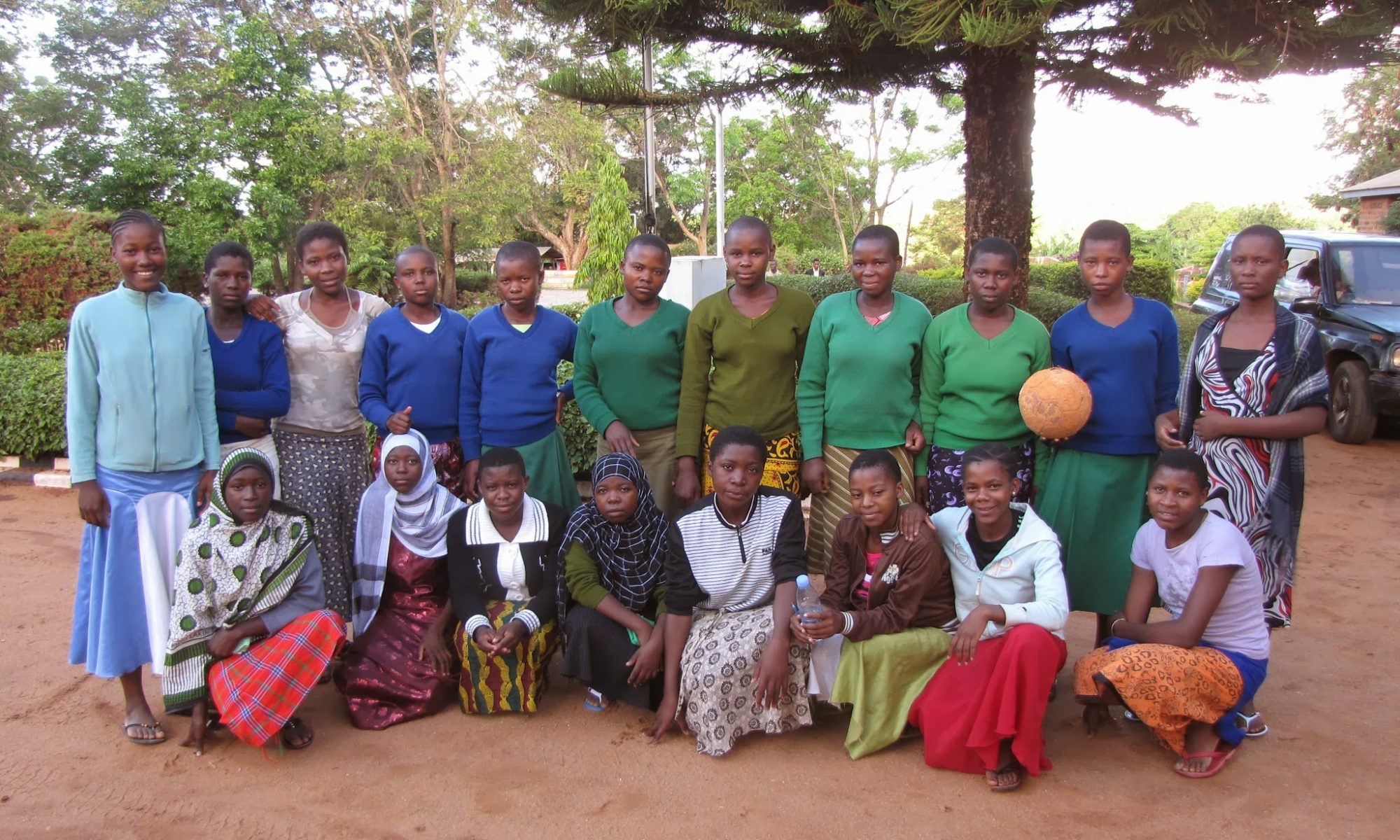Dedication
To the Memory of Joseph Lawrence Chow

The library is dedicated to the memory of Joseph Lawrence Chow, a U.S. Peace Corps volunteer who passed away in a tragic accident near the village on September 22, 2009. He was a volunteer teacher at Ndanda Secondary School and an avid reader. Through the Joseph Lawrence Chow Memorial Fund, the family and friends of Joseph have donated their time, effort, and funds to help furnish and equip the library. May the library be yet another way that Joseph’s memory lives on.
Project Summary
The rapid expansion in enrollment in all levels of education in Tanzania has left many schools understaffed and lacking basic resources like textbooks. Even when schools have textbooks they often aren’t made accessible to students as only a few schools have libraries and librarians and overworked teachers typically do not want the additional responsibility of distributing and collecting books. As a result, students in both primary and secondary government schools often lack access to the information they are expected to know.
TETEA has teamed up with the Tanzanian NGO MACOBICA (Maguu Community Based Information Centre Association) to construct and operate a library in rural, Southwestern Tanzania. The library in Maguu has been stocked with textbooks for all subjects and years of Primary and Ordinary Level Secondary schools, question and answer books for most subjects to help students prepare for their National Examinations, and literature (both in Swahili and English) that is commonly used in the classroom. The library also has a number of childrens’ books, young adult and general literature, agricultural books, and a smattering of books on business and trade skills. Several newspapers are also delivered to the library daily, which help locals stay up to date on current events.
The library opened in December 2010 and has had over 20,000 visits over the years. Attendance has increased consistently and currently averages 1,000 visits a month. Weekends are especially busy. On Saturdays and Sundays the seats sometimes fill up completely and with some guests standing. Roughly half of the visits to the library come from secondary school students, primary school students make up around one third of the visits, and the remainder of visits comes from other community members.
The introduction of the library has had enormous positive benefits for the community. Young children are developing a love for reading that will be an advantage as they continue with their education. Secondary school students are able to study more effectively outside of class and have a way to learn material if their school lacks teachers for a subject. And people can get information to improve their farms and stay informed about current events in the country and the world.
Background Information
The Hagati Valley is located in the Matengo mountains in the southwest corner of Tanzania. Due to the fertility of the soil the location is one of the more densely populated rural areas in the country, with a population of approximately 50,000 people (based on the 2002 Population and Housing Census). To educate the local youth there are 35 primary schools and 11 secondary schools scattered throughout the valley, with more under construction. Unfortunately educational resources, like text books, are scarce in most government schools and many private schools. To make matters worse, they are often not made available to students even when they are present.
In order to improve access to educational materials in the area TETEA is partnering with locals to construct a library where students will be able to read the nationally prepared textbooks, other materials related to their courses, and literature in both Swahili and English to help improve the language skills that students need to succeed. Ideally the building will be outfitted with a photo-voltaic system for lighting, allowing nearby students to read and study at night. In addition to the focus on serving students, the library will contain Swahili material to promote literacy in general, agricultural information that may be of interest to local farmers, and regular periodicals to improve the local populace’s knowledge on current events.
Located in Maguu, the economical, political, and spiritual center located roughly in the middle of the valley, the proposed location for the library is in an excellent position to serve a wide portion of this mostly rural community. The building can be reached by foot in several minutes from three secondary schools and one primary school. Students from at least one other nearby secondary school also live in the village. Also, on Sundays the library could potentially service people from all over the valley, as many make the trip to attend mass at the Catholic mission, purchase goods at the market, or both.
Interview with Mwalimu Kapinga about the MACOBICA library.Simon describes the Hagati Valley and the need for a library.
Simon Mahai explains the plan for the library (a mix of Swahili and English).

